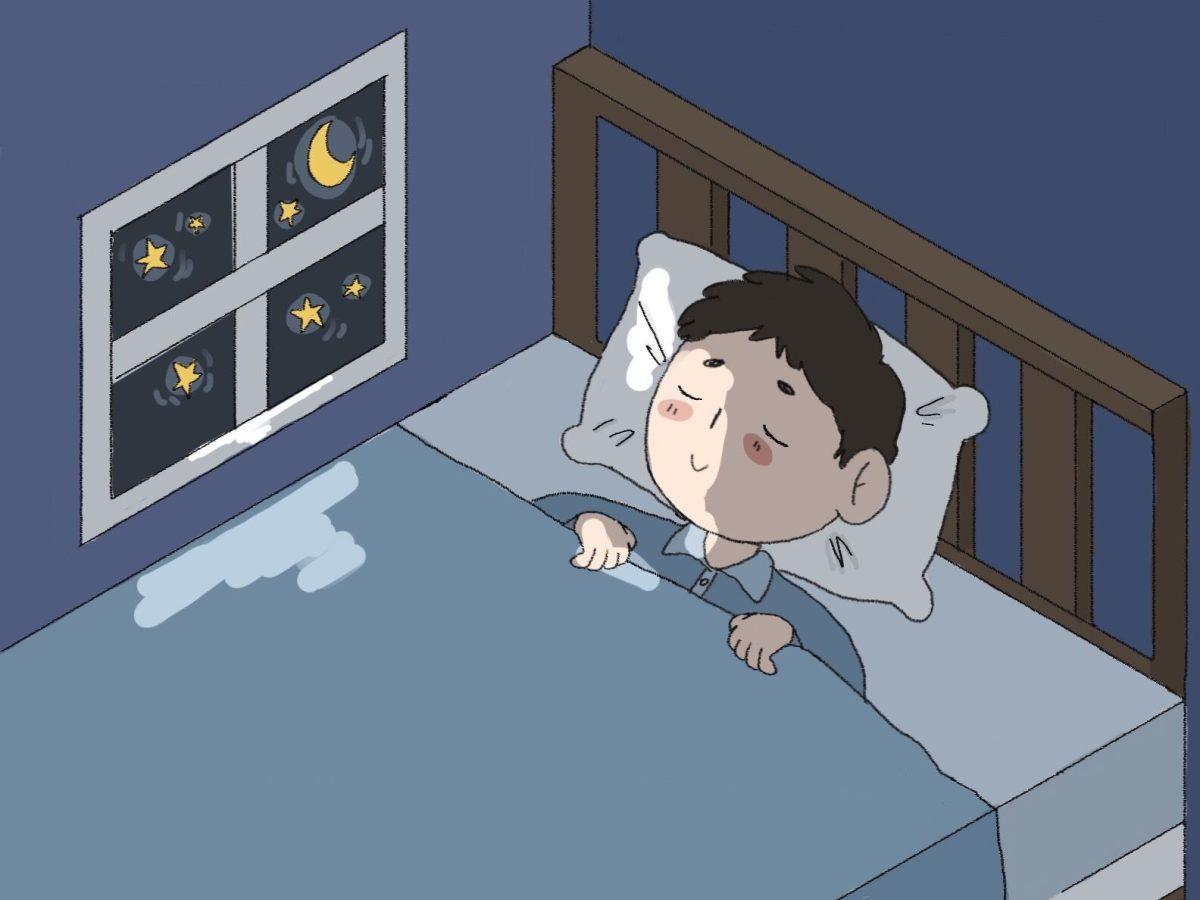As a self-proclaimed night owl for the majority of my life, I am guilty of overlooking the significance of sleep. However, I’ve come to realize sleep is more important than we think — it affects all aspects of our health and well-being.
According to the Sleep Foundation, adults 18 and older should be getting seven to nine hours of sleep each night. The common trope of college students not getting enough sleep has proven to be true, as 70% to 96% of college students sleep fewer than eight hours during the week. Furthermore, 60% meet the clinical criteria for poor sleep.
As for myself, I have gotten through far too many lectures, exams and papers with as little as two to three hours or no sleep at all. While I’ve been successful in terms of grades the majority of the time, getting enough sleep is always better in the long run. It can improve your average test scores and result in numerous benefits to your mental and physical health.
It can be difficult at any time to fix one’s sleep schedule, but the beginning of the semester is the best time to do so to set yourself up for success. I’ve had to implement better sleep habits over the course of my college career, especially after learning about and experiencing some of the negative impacts of not getting enough sleep.
A lack of sleep can lead to a multitude of issues including an increase in the likelihood of getting into a car accident — it makes drivers less attentive, slows down their reaction time and impacts decision making abilities. Sleep affects us in all aspects of our lives. Some other negative impacts of not getting enough sleep include lack of alertness, excessive daytime fatigue, impaired memory, communication issues, decline in physical health and overall decreased quality of life.
Sitting in class after not getting enough sleep is a miserable experience and, if done excessively, can lead to a significant drop in grades. Any experience for that matter is better when we are well rested: work, traveling, working out, hanging out with friends, the list goes on. Most would rather go through each day feeling lively instead of sluggish and ready to fall asleep any minute.
There are also scientifically proven benefits of good sleep habits that should be recognized. Some benefits include improved concentration, boosting your mood and supporting a healthy immune system. In fact, it has even shown to possibly improve the efficacy of the COVID-19 vaccine.
Students have enough to stress about each semester and we can all benefit from building healthy sleep habits. Especially with common colds quickly circulating through universities every year, we can eliminate the need to figure out quick-fix solutions and possibly miss class time. I’ve noticed that when I get barely any sleep, I tend to catch a cold in comparison to being more rested.
Some proven effective tips I have used to improve my own sleep quality include sticking to a consistent sleep schedule, avoiding electronics, limiting caffeine intake, more sunlight exposure, exercising more, taking shorter naps and avoiding late dinners. I also try to make my sleep environment as cozy as I can, limiting distractions goes a long way to improving my sleep as well.
Avoiding electronics is probably the hardest for me, but I am trying to commit to avoiding them for at least 30 minutes before going to sleep. Additionally, waking up around the same time every morning has helped me get adjusted to a routine without needing 15 or more alarms.
If you’re making a bigger change with your sleep schedule, it’s important to gradually adjust your bedtime by one to two hours each night. All of these habits will help you build a solid sleep schedule and regulate your circadian rhythm which is impacted by light exposure.
Making sleep a priority can only further improve your health, academic performance and life overall. Why not start implementing healthy sleep habits now? Try some of these habits and fit them into your routine. If you must lose some sleep, your body can eventually catch back up, but don’t make a pattern of it.














